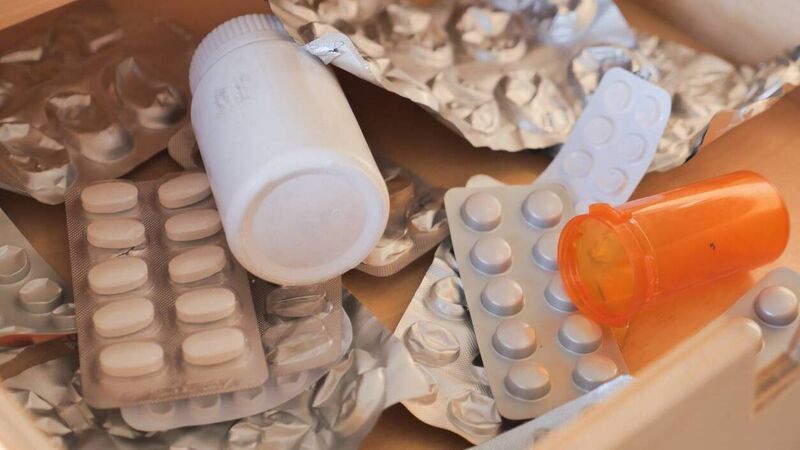Tackling out-of-date medicines — they can be a serious health and environmental risk

How would you tackle a drawer or shelf full of unused and out-of-date medicines like this?
A friend has been telling us about a surprisingly (to him) large amount of unused and out-of-date medicines he found while doing the always difficult job of going through the home of a recently-deceased relative.
If we’re honest, it’s a safe bet that nearly every house has such medicines. Which begs the obvious question: what eventually becomes of that little brown bottle, tablets, or package, which might have lain forgotten in a cabinet for years?









![<p> The International Union for the Conservation of Nature says that “an ecosystem is collapsed when it is virtually certain that its defining biotic [living] or abiotic [non-living] features are lost from all occurrences, and the characteristic native biota are no longer sustained”.</p> <p> The International Union for the Conservation of Nature says that “an ecosystem is collapsed when it is virtually certain that its defining biotic [living] or abiotic [non-living] features are lost from all occurrences, and the characteristic native biota are no longer sustained”.</p>](/cms_media/module_img/9930/4965053_12_augmentedSearch_iStock-1405109268.jpg)